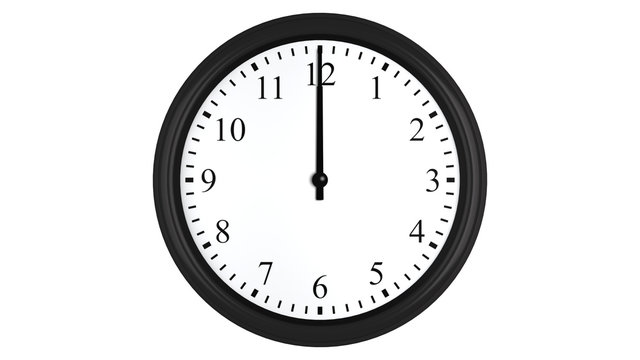As I log on to my MSN email account on Sunday morning, I am distracted by a new article titled “20 Low-Fat and Filling Breakfast Ideas,” and I feel mildly surprised that the usual posts with titles like “10 Different Ways to Trim Belly Fat” and “How to Work Your Butt While at Work” have been replaced by an article that actually encourages me to eat food.
But as I check out the page, I suddenly realize that there is absolutely no way that I will ever have time to make ham, Gruyere and spinach bread pudding or blueberry and ricotta pancakes before school. What bothers me most is not that I am unable to put the article to practice, but that the word that initially attracted me to the article was “low-fat.”
I was forced to ask myself if I really think that I should lose weight and was disappointed to find that the answer is yes. I weigh 115 pounds, am 5 feet tall and work out eight times a week, yet I am concerned that I weigh too much. But the insecurity about my weight does not come from a belief that I am fat as much as it comes from the fact that I feel that society wants me to think that I need to lose weight.
In the past year, the FDA made it mandatory for restaurants with 20 or more locations to post the calorie content of their food on their menus, and DC passed a tax on beverages containing high sugar contents. It is hard to have the confidence to eat that Chipotle burrito when 615 calories are staring me down from the elevated menu. This is not because I think the burrito will make me fat, but because I will be frowned upon for making unhealthy nutritional choices.
However, societal expectations appear to go both ways. According to a December Obstetrics & Gynecology article, in a survey of 2,200 low-income women, 23 percent of overweight women saw themselves as normal and 16 percent of normal women saw themselves as fat. Normal-sized women are afraid to say they are skinny because society admonishes them for “not being health-conscious.” At the same time, society expects overweight women to think of themselves as normal for fear of being admonished for “not having enough confidence.”
Women tend to think of themselves as fat and ugly so that they may not seem conceited, but most would like to think of themselves as skinny and beautiful.
In 2007, actress and model Jennifer Love Hewitt felt this struggle as photographers snapped unflattering pictures of her on her honeymoon. In response to the scrutiny she received after the photos were published, Hewitt fought back on her blog jenniferlovehewittonline.com and said, “Like all women should, I love my body… A size two is not fat! Nor will it ever be. And being a size zero doesn’t make you beautiful.”
Skinny and healthy-sized women in society are made to feel like they cannot be proud of how they look. It is impossible for a woman to say to herself or to anyone else that she thinks of herself as skinny or beautiful for fear that people will think she is conceited.
There is no reason for a woman to deny herself confidence in how she looks. Society has no right to convince a woman to think that she is either beautiful, ugly, skinny or fat.
Women should at least be able to be realistic about how they look. When I log on to my MSN account I’m going to laugh at all the stories trying to tell me to lose weight. I’m going to smile because I love how I look and I encourage every other woman out there to do the same.
Categories:
Hypocritical requirements cause body image issues
December 22, 2010
Story continues below advertisement
0







